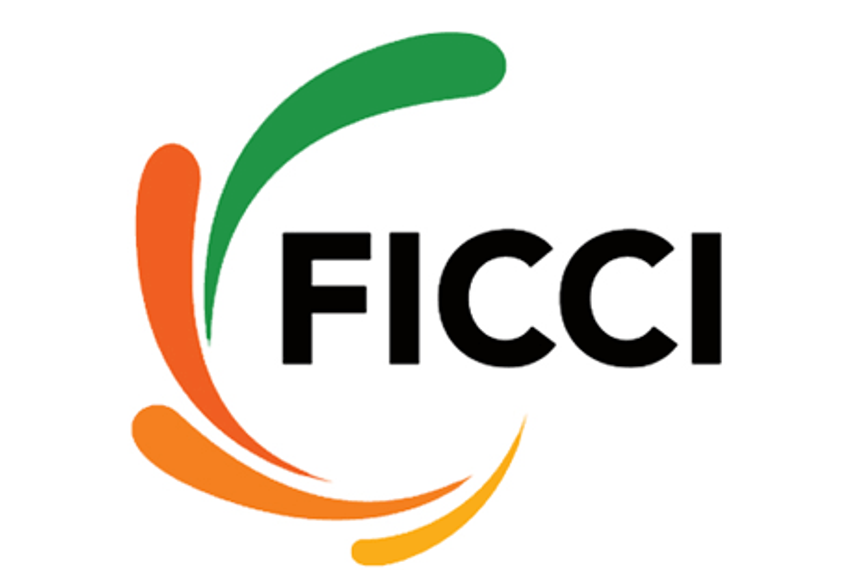
Please sign in or register
Existing users sign in here
Having trouble signing in?
Contact Customer Support at
[email protected]
or call+91 022 69047500
Ajit Pai, Bimal Julka, Uday Shankar, Sudhanshu Vats and Rahul Johri featured in a session anchored by Vikram Chandra

Contact Customer Support at
[email protected]
or call+91 022 69047500
Top news, insights and analysis every weekday
Sign up for Campaign Bulletins
Company aims to support innovation in the global adtech ecosystem through this investment.
As fans crowd the stadiums across India, advertisers launch fresh high-octane brand messaging combining creativity with cricket.
US President Donald Trump’s all-out tariff strike may play to politics, but it’s marketers and advertisers who’ll now have to brace for budget whiplash.
Early tests carried out by Meta among India’s e-commerce brands using Advantage+ catalogue ads optimisation witness 14% ROAS growth, the global social media giant states.